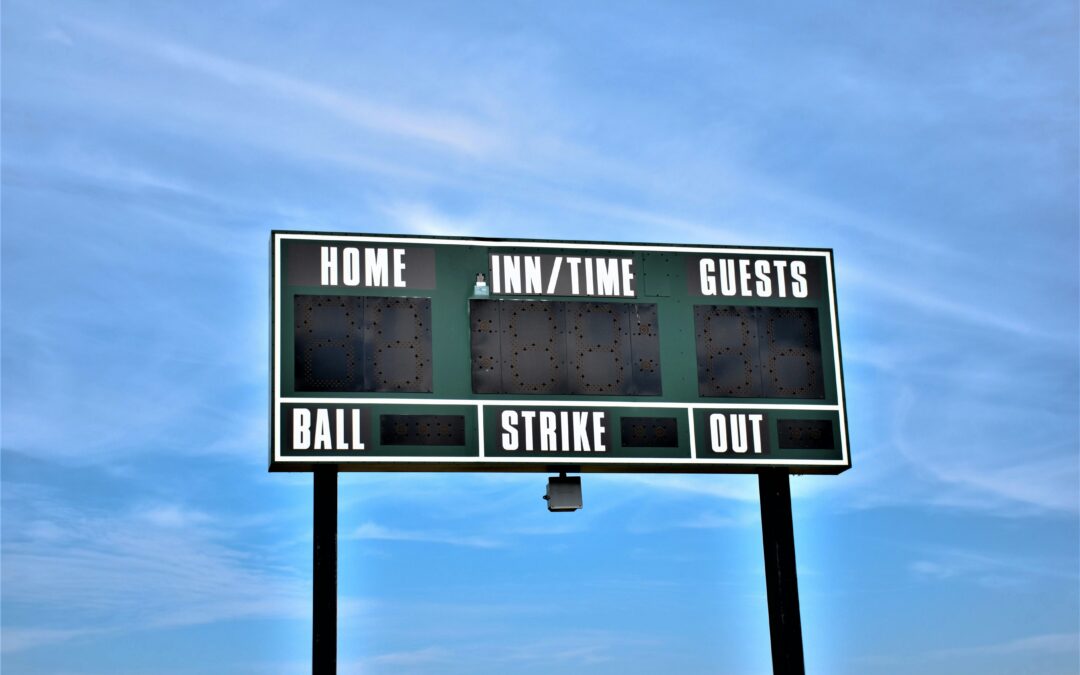On Monday, February 24, temperatures in the heart of the Lake Country reached as high as 54 degrees. Looking ahead, Accuweather predicts that temperatures will remain in the low 40s and high 30s for at least the next week. The warm weather is being welcomed by many, especially after the extreme cold and snow seen earlier in the month. However, as the temperatures rise above freezing, snow and ice are starting to melt.
According to the Waukesha County Sheriff’s Department , the ice on area “Lakes and ponds is unstable”. The Department has advised locals to use extreme caution when approaching bodies of water, especially those that may look frozen. The Wisconsin DNR has warned citizens that they can never be “100% certain” whether or not ice is stable. Ice strength varies from one body of water to the next, so one area being strong does not necessarily mean that a similar body of water will also be strong. Similarly, factors like temperature, thickness, and appearance can’t indicate how stable ice may be.
For many ice fishers, snowmobilers, cross country skiers, and anyone else who enjoys spending time outside, ice safety is extremely important. The Wisconsin DNR does not monitor the thickness and safety of ice conditions, so citizens must be cautious in how they approach icy lakes, ponds, and streams. Some important ways to be prepared for approaching ice, especially ice which may be melting, includes:
- Don’t go alone and tell someone where you are going
- Avoid inlets and narrow points where ice may be thinner and less stable
- Dress in thick, warm clothing
- Stay in well-lit areas
- Stay in areas you are already familiar with
- Safety equipment such as life jackets, ropes, ice claws, and waterproof cell phone protection may be crucial, life saving tools to keep nearby
These safety concerns come not long after several ice-related rescues were performed over this past winter. A 61 year old man died after falling through the ice on Pewaukee Lake while riding a UTV in January. Non-fatal incidents also occurred this past winter on Wind Lake and Muskego Lake.
Perhaps one of the best tips from DNR is to simply use common sense. Making the right call when approaching uncertain conditions could save a life. According to the Wisconsin DNR, “Common sense is the greatest ally in preventing ice-related accidents. That includes checking ice conditions and preparing yourself before venturing out.”










